All Stories
-
 Health & Medicine
Health & MedicineHere’s why pain might last after persistent urinary tract infections
Experiments in mice reveal that the immune response to a UTI spurs nerve growth in the bladder and lowers the pain threshold.
-
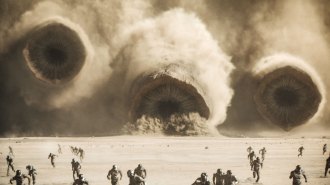 Planetary Science
Planetary ScienceThe desert planet in ‘Dune’ is plausible, according to science
Humans could live on the fictional planet Arrakis from Dune but (thankfully) no giant sandworms would menace them.
-
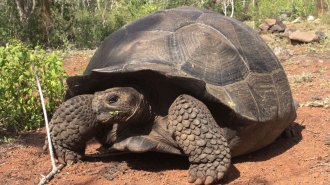 Animals
AnimalsGiant tortoise migration in the Galápagos may be stymied by invasive trees
An invasion of Spanish cedar trees on Santa Cruz Island may block the seasonal migration routes of the island's giant tortoise population.
By Jake Buehler -
 Health & Medicine
Health & MedicineMore than 1 billion people worldwide are now estimated to have obesity
A new analysis suggests that the prevalence of obesity has doubled in women, tripled in men and quadrupled in children and adolescents from 1990 to 2022.
-
 Climate
ClimateWaterlogged soils can give hurricanes new life after they arrive on land
New studies show that the long-hypothesized “brown ocean effect” is real, helping to refuel 2018’s Hurricane Florence and other storms after landfall.
-
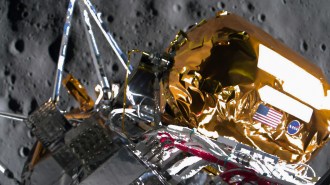 Planetary Science
Planetary ScienceOdysseus’ historic moon mission comes to an end
Odysseus downloaded data from all payloads before going to sleep February 28. The cold lunar night proved fatal to efforts to reawaken the lunar lander.
By Adam Mann -
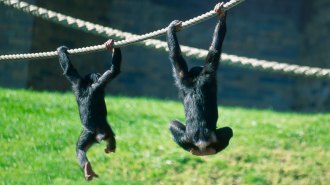 Genetics
GeneticsA genetic parasite may explain why humans and other apes lack tails
Around 25 million years ago, a stretch of DNA inserted itself into an ancestral ape’s genome, an event that might have taken our tails away.
-
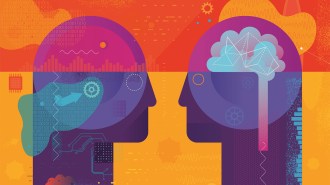 Artificial Intelligence
Artificial IntelligenceWhy large language models aren’t headed toward humanlike understanding
Unlike people, today's generative AI isn’t good at learning concepts that it can apply to new situations.
-
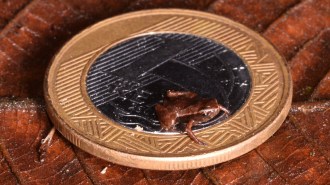 Animals
AnimalsThe Brazilian flea toad may be the world’s smallest vertebrate
Brazilian flea toads are neither a flea nor a toad, but they are almost flea-sized. The frogs are small enough to fit on a pinkie fingernail.
-
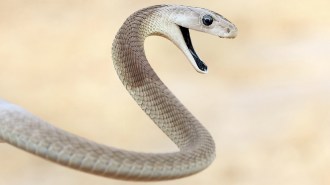 Health & Medicine
Health & MedicineSnake venom toxins can be neutralized by a new synthetic antibody
A lab-made protein protected mice from lethal doses of paralyzing toxins found in a variety of snakes, a new study reports.
By Meghan Rosen -
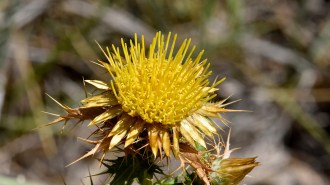 Plants
PlantsOn hot summer days, this thistle is somehow cool to the touch
In hot Spanish summers, the thistle Carlina corymbosa is somehow able to cool itself substantially below air temperature.
-
 Math
MathHow two outsiders tackled the mystery of arithmetic progressions
Computer scientists made progress on a decades-old puzzle in a subfield of mathematics known as combinatorics.
By Evelyn Lamb